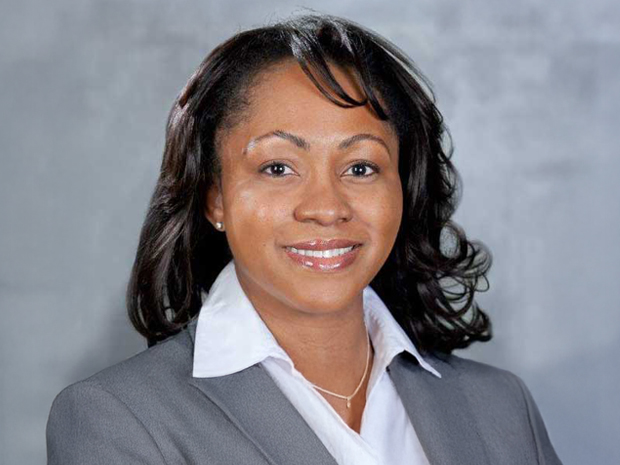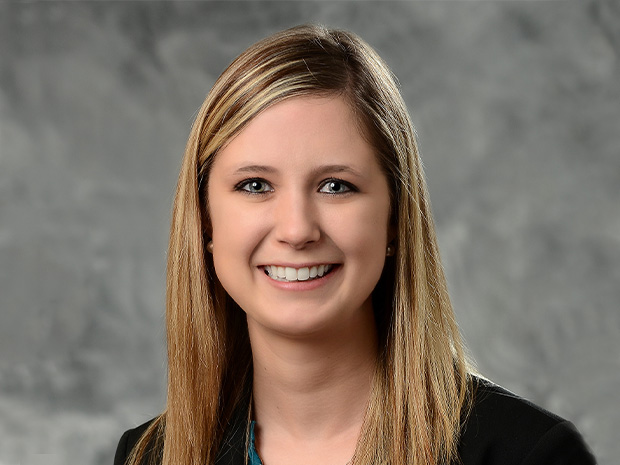This alert has been updated to reflect updated Schedule K-2 and K-3 draft instructions published by the Internal Revenue Service (IRS) in early December 2022. Among other items, the updated draft instructions include adjustments of the requirements to meet the domestic exception from filing Schedules K-2 and K-3 with the IRS. The requirement that all direct partners or shareholders are certain types of domestic entities and/or persons has been expanded to include direct partners or shareholders that are S-corporations with a sole shareholder and certain single-member LLCs. Additionally, the required timing of partner or shareholder notification that a domestic partnership or S-corporation will utilize the domestic exception, and thus not provide Schedule K-3 information, was updated to align with Schedule K-1 issuance. The earlier version of the Schedule K-2 and K-3 draft instructions required this partner or shareholder notification to occur no later than 2 months prior to the partnership’s or S-corporation’s US income tax return due date, not including extensions (January 15 for calendar year partnerships or S-corporations).
For additional learning about the K-2 and K-3 filings, the following webcast is available.
Executive summary: Draft instructions for Schedules K-2 and K-3 released
The IRS in the fall of 2022 released updated draft Schedules K-2 and K-3 and instructions for Forms 1065, 1120-S and 8865. Once finalized, these instructions are intended to be applicable for a partnership’s 2022 tax year. The draft instructions include various updates, including a significant change to the domestic exception that was available in tax year 2021.
Prior rules for U.S. international tax reporting by pass-through entities
The IRS in 2021 released new Schedules K-2 (Partners’ Distributive Share Items – International; Shareholders’ Pro Rata Share Items - International) and K-3 (Partner’s Share of Income, Deductions, Credits, etc. – International; Shareholder’s Share of Income, Deductions, Credits, etc. – International) that included a dramatic expansion in the amount and level of detail of U.S. international tax information.
Schedules K-2 and K-3, including any required attachments, are required for partnership (domestic or foreign) and S corporation taxpayers (those taxpayers required to file Form 1065 (U.S. Return of Partnership Income), Form 1120-S (U.S. Income Tax Return for an S Corporation) and taxpayers required to file Form 8865 (Return of U.S. Persons With Respect to Certain Foreign Partnerships) as part of their U.S. tax return) who have any item(s) of international tax relevance, including but not limited to: direct or indirect foreign partner(s) or shareholder(s), foreign source income (FSI), foreign income taxes paid or accrued, and ownership in a foreign entity or foreign branch.
Prior to the release of Schedules K-2 and K-3, U.S. international tax information would be included as footnotes to the Schedule K-1 (Partner’s Share of Income, Deductions and Credits, etc.; Shareholder’s Share of Income, Deductions and Credits, etc.). The format and level of detail provided in these footnotes would vary greatly between industries, taxpayers and tax preparers.
Schedules K-2 and K-3 standardize the format for reporting U.S. international tax information to the partners and shareholders of pass-through entities and provide more clarity for partners and shareholders on how to calculate their U.S. income tax liability with respect to international items. Items addressed on the Schedule K-2 and K-3 include items to determine FSI, which affects a taxpayer’s ability to utilize foreign tax credits (FTCs), details of foreign income taxes paid or accrued, amounts related to section 250 foreign-derived intangible income (FDII), items relevant to foreign partners, controlled foreign corporation (CFC) inclusion items (e.g., subpart F, global intangible low-taxed income (GILTI), investments in U.S. property) and other items.
Given the newness of Schedules K-2 and K-3 during the 2021 tax year and the comments provided to the IRS regarding the additional compliance burden imposed on the applicable taxpayers, the IRS for the 2021 tax year provided a broad exception from filing Schedules K-2 and K-3 with the IRS when:
- no direct partners or shareholders were foreign persons or entities
- the partnership or S corporation had no foreign activity for the 2021 tax year
- the partnership or S corporation did not report foreign activity on the 2020 tax year Schedule K or K-1
- the partnership had no knowledge that partners were requesting this information
This exception explicitly noted it was only available for the 2021 tax year returns.
Rules applicable to the 2022 tax year
The IRS in the fall of 2022 released updated draft Schedules K-2 and K-3 and instructions for the Forms 1065, 1120-S and 8865 versions of these schedules. Once finalized, these instructions are intended to be applicable for the 2022 tax year and onward (if no future updates are made). In addition to other updates, the draft instructions include a domestic exception applicable for the 2022 tax year, however this exception is much more limited than the 2021 version.
While the 2021 exception notes that no direct partners or shareholders may be foreign persons or entities, the 2022 exception provides that in addition to the limited or no foreign activity requirement, all partners or shareholders must be either:
- U.S. citizens;
- U.S. resident aliens;
- Domestic descendant’s estates in which all beneficiaries are U.S. citizens or U.S. resident aliens;
- Domestic grantor trusts in which all grantors and beneficiaries are U.S. citizens or U.S. resident aliens;
- Domestic non-grantor trusts in which all beneficiaries are U.S. citizens or U.S. resident aliens;
- S corporations with a sole shareholder; or
- Single-member LLCs, where the LLC’s sole member is one of the persons listed in (i) through (vi) above, and the LLC is disregarded as an entity separate from its owner
Most notably, based on the draft instructions the domestic exception is not available for taxpayers with owners that are S-corporations with multiple shareholders, domestic partnerships or domestic corporations. As a result, this may pose a considerable compliance burden on tiered partnership structures.
Additionally, the 2022 exception includes a requirement that, should the 2022 exception be met, the partnership or S corporation must notify its partners or shareholders that no Schedule K-3 information will be provided (unless requested) no later than when the partnership or S-corporation furnishes the Schedule K-1 to the partner or shareholder. The notification may be included as an attachment to the Schedule K-1.
Partners and shareholders have until one month prior to the return due date, not including extensions (Feb. 15 for calendar year entities) to timely request Schedule K-3 information. If a timely request is made, Schedules K-2 and K-3 must be completed and filed with the IRS in relation to the requesting partners or shareholders (and provided to the requesting partner or shareholder). If a partner or shareholder requests Schedule K-3 information outside of this timeframe, Schedule K-3 information must still be provided to the partner or shareholder, but this information is not required to be provided to the IRS.
For more information, please consult with your tax advisor.





